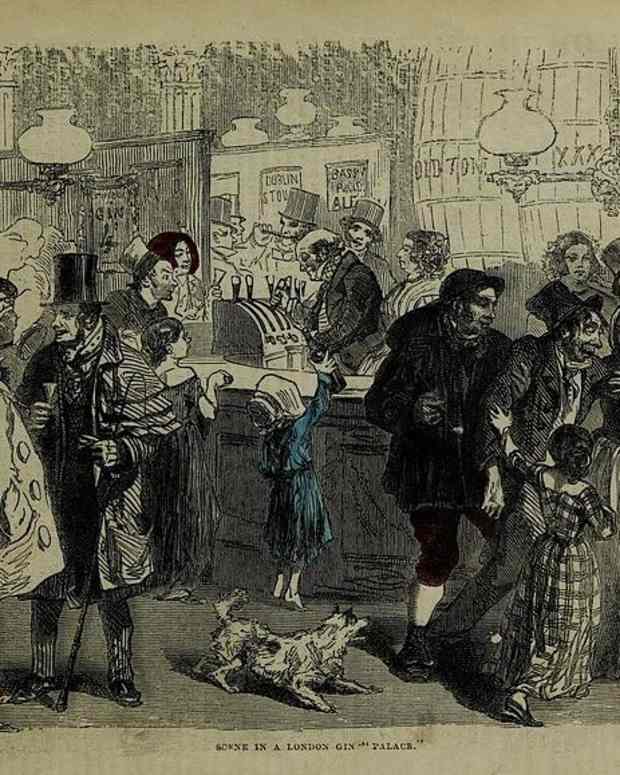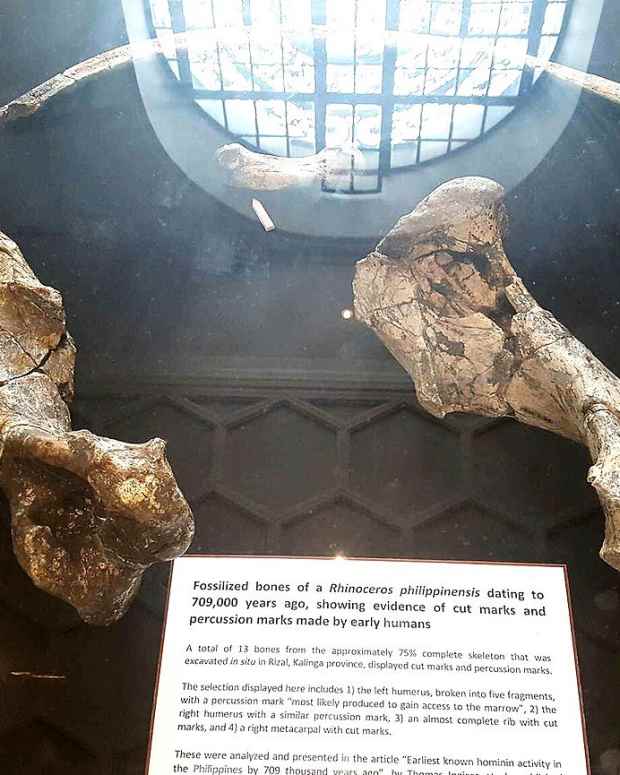The Goddess Nemesis in Greek Mythology
Nemesis the Goddess of Retribution
Today, the concept of a nemesis normally refers to a long standing and worthy opponent; an opponent who is rarely bested. The word and concept though has a far older meaning, and dating back to Ancient Greece, the idea related to a “dispenser of dues”; and there was even a goddess called Nemesis.
The Theogony
The Birth of Nemesis
The goddess Nemesis is generally considered to be an early deity; and Hesiod, in the Theogony, and Pausanias, would consider her to be the daughter of Nyx (night). These two ancient writers would name no father but Hyginus would name Erebus (darkness) as Nemesis’ father. This of course, meant that Nemesis predated the gods of Mount Olympus as led by Zeus.
In certain areas of the ancient world, the parentage of Nemesis is shifted, so that Nemesis becomes the child of Oceanus; the great river that encircled the world. This was an important concept to Athenians, and the primary focus of worship of Nemesis was based as Rhamnous, a town under control of Athens near to Marathon.
Nemesis Sword in Hand
The Role of Nemesis in Greek Mythology
Despite predating Zeus, in the works that survive from antiquity, Nemesis is generally considered to be an assistant to Zeus, linked with law and order, and also important ensuring that punishment was meted out to any mortal who thought themselves greater than the Olympian gods.
Nemesis was normally depicted as a beautiful winged maiden, and as a goddess of retribution it was Nemesis who flew in to bring to justice those who had committed some wrong.
Nemesis was more than simply a goddess of retribution, and nemesis was important in ensuring that the life a man was balanced; as such it was Nemesis who caused happiness and sadness, and good luck and bad luck, to occur in equal measure.
Stories of Nemesis
Whilst associated with law and order, Nemesis is most famous for appearing in two stories from Greek mythology that dealt with spurned love.
Nemesis appears in the tale of Narcissus and Echo. Narcissus was a vain hunter who spurned all of those who fell in love with him; the most famous of these potential lovers being the nymph Echo. After being spurned Echo would fade away until only her voice was left.
Nemesis observed Narcissus’ treatment of Echo and other spurned lovers, and so the goddess caused the hunter to fall in love with his own image, as mirrored in a pond, until Narcissus himself faded away.
In a second story of spurned love, Nemesis was also observing when the nymph Nicaea killed the shepherd Hymnos, after the youth had fallen in love with her. It was a crime that appalled many of the gods of Mount Olympus, and in retribution Dionysus would rape the nymph.
Nemesis
Children of Nemesis
In a fragment of text from the Greek poet Bacchylides tells of Nemesis being mother to the Telchines, with Tartarus as father. The Telchines were noted metalworkers, who would craft the adamantine sickle, presented by Gaia to Kronos.
In a confusing story Nemesis is also named by the likes of Apollodorus and Hyginus as mother of Helen of Sparta (Helen of Troy) by Zeus. Of course, in the more famous version of the story, Helen, Clytemnestra, and Castor and Pollux, are the children of Leda. Where Nemesis is named mother though, it is the goddess who took the form of a swan, with whom Zeus mated, and the egg that was then produced was given to Leda, who raised the offspring as her own.
The idea of Nemesis has lived on into the modern day, although its meaning has changed from a sign of retribution to that of an arch-enemy.
A bronze cast of Bertel Thorvaldsen's Nemesis
Hubs from other Hubbers
- The Goddess Nemesis
The goddess Nemesis in Greek mythology predates Zeus. She is the goddess of revenge; more than that--she is the goddess of divine retribution against those who protest their just fate.
Hubs from Colin Quartermain
- The Gods of Mount Olympus
The Olympian gods, the twelve gods of Mount Olympus, are today the most famous gods of the Ancient Greek pantheon, and are central to many of the mythological stories that survive. - A Shortened Story of Zeus in Greek Mythology
Zeus is the most famous of all Greek deities, and is regarded as the supreme god of the Greek pantheon. Zeus came to power by dethroning his father, Kronos, and would subsequently cement his position.





















